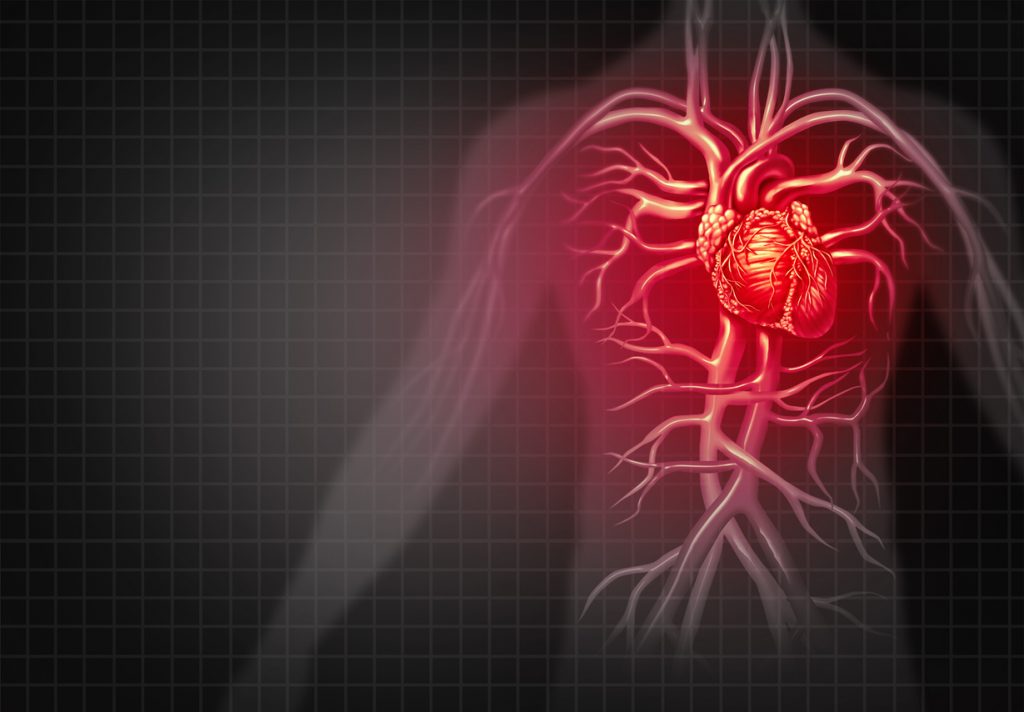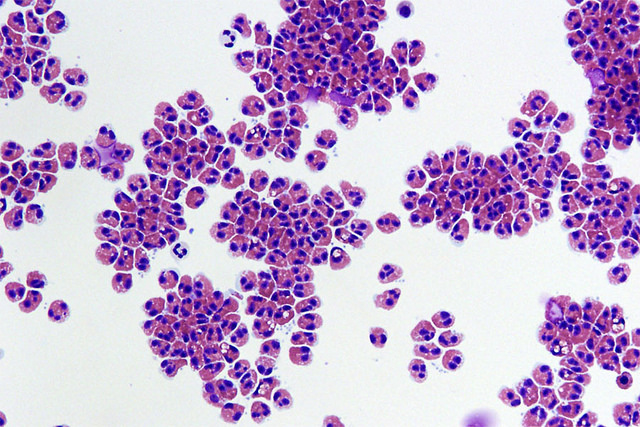Transcript
The mind is amazingly powerful. If I was to say to you, “Imagine that you’re about to bite into a juicy lemon,” there’s a fair chance that if you imagine that in your mind, you’ll start to produce saliva.
Hi, I’m Doctor Joe.
The mind and the body are intimately connected by something known as the neck, and we know that this is important, because if the neck is severed, that’s the end of life as we know it for that person.
In terms of the power of the mind with our health, it’s an area that has been ignored for a good number of years, because in the minds of some people it’s “unscientific”.
Interestingly some scientific research is now going into this area and what they’re finding is, for some people surprising, but when you take a step back and think about it is perhaps not that surprising.
A study at Duke University looked at people who’d had a heart attack and followed them over a fifteen year period. After all other parameters were allowed for, you know the normal things like their cholesterol and blood pressure and other illnesses, what was found was that the people who had a positive outlook or a positive attitude, were 30% more likely to be alive at the end of the 15 year period.
That’s a fairly significant increase and a very long timeframe. So it’s not like these people came out happy for a few days and that was the end of it. What was interesting too was that these people didn’t have to be unbridled optimists, they didn’t have to sort of believe they were going to win the lottery, that type of thing. They just needed basically to have a view that they were a person that yes, might have had a heart attack or an illness but that it didn’t completely dominate them or it wasn’t them.
So rather than being the heart attack person they were a person who had had a heart attack and saw it more in that context. They also had a more positive attitude towards life and tended to adopt the view that they were going to continue to live, rather than sitting around necessarily waiting to die.
Now immediately people will say, “Well just the nature of some people, they’re a glass half empty or a glass half full.” That’s true. What the researchers also found is that that was not as set in concrete as you might have thought and one didn’t have to be naturally an optimist to get some benefit. Indeed they even looked at some fairly brief interventions to help people just slightly change their slant on the world, and this could also have a very positive effect.
The second study looked at people who were a hundred years of age and looked at some of the factors that had allowed them to live to that length. Now we should all be interested, at least for those who aim or would like to live to be a hundred and be healthy, to learn from these people.
And again, what the study found is that those people who were adaptable, those people that were able to more happily deal with stress and who took an overall better attitude or had a positive outlook on life, again, had a longer survival rate and were more likely to get into the hundred years and beyond. Again, this was a study over an 8 to 10 year period of quite a large number.
Alrighty, these are two studies. I’m sure there will be people out there that can pick holes in the methodology and all that sort of thing. However it does get back to the very basics, that what we believe and how we think about things, does influence what we do. And we know that for a fact, because we won’t really do that much unless we’ve really thought about it first.
So the mind and the body are very closely connected and what goes on in the body reflects the mind, and sometimes vice versa as well.
So in simplest terms, what can we do? Does it mean just going and saying, “I’m going to be happy”? Well look, that would be good but it might not be quite as simple as that. It does mean though that we can harness the power of the mind to our betterment, or perhaps to our detriment. It means that perhaps we can look at ways to adjust our attitudes or to say, “How might I take a more positive slant on this?” There are courses that people can do, there are books people can read, there is a lot that comes under the broad banner of self-help or happiness.
This is not something that everybody has to do and it’s not to say that it’s going to work equally well for all people, all the time. But it’s a very simple thing. There’s very little cost involved, there’s absolutely no side effects. So at absolute worst, if you follow some of those sorts of ideas or look into it, you cannot be any worse off.
The mind is very powerful. We can use it to our advantage and to the betterment of our health.
All content and media on the HealthEngine Blog is created and published online for informational purposes only. It is not intended to be a substitute for professional medical advice and should not be relied on as health or personal advice. Always seek the guidance of your doctor or other qualified health professional with any questions you may have regarding your health or a medical condition. Never disregard the advice of a medical professional, or delay in seeking it because of something you have read on this Website. If you think you may have a medical emergency, call your doctor, go to the nearest hospital emergency department, or call the emergency services immediately.







